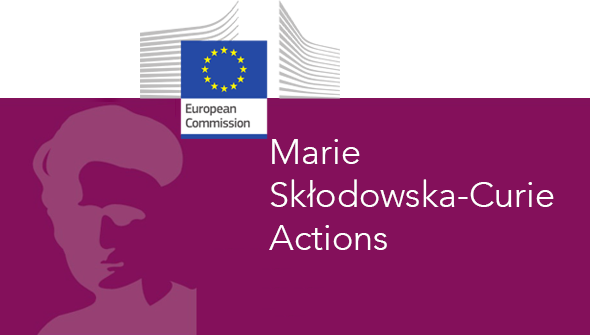Three IDIBELL research projects will receive funding from the Covid-19 fund promoted by the Carlos III Health Institute (ISCIII). This fund is intended for research projects that improve knowledge of the virus and management of the disease in a short term. To date, 126 projects have been awarded, of the 1,500 submitted, which are 90% of the total budget.
These are projects already underway and new initiatives focused on various areas of Covid-19 research. The three selected IDIBELL projects focus on the study of the biology of the virus, its clinical manifestations and relationship with other diseases, and the study of its immunity. These projects have been evaluated and selected by a scientific-technical committee that coordinates the granting of these specific aids.
Analysis of the transcriptomic profile of Covid-19 patients (TRANSCOVID)
The TRANSCOVID project will analyze the genes expressed in patients with Covid-19. The team of Dr Jordi Carratalà, coordinator of the IDIBELL infectious diseases and transplants program, aims to define and characterize the transcriptomic profile of those patients who develop acute respiratory distress syndrome, in order to determine the genes involved in aggravation of the illness.
SARS-CoV-2 (COV-Immunity) characterization
The project of Dr Oriol Bestard, principal investigator of the IDIBELL nephrology and kidney transplant group, aims to characterize the protective memory immune response produced by the virus in immunocompetent individuals and in immunosuppressed patients, such as transplant patients or those with active neoplastic processes. The study will focus on understanding the longevity and protective capacity of the adaptive immune response that is generated against the virus, also, defining the SARS-CoV-2 capacity for genetic and antigenic variation.
Definition of the immune risk profile in Covid-19
Dr Jordi Bas, head of the immunology department of the Bellvitge University Hospital, collaborates in a joint project promoted by the immunology service of Vall d’Hebron Hospital, and the immunology service of the Germans Trias i Pujol Hospital. The objective is classifying the state of the innate and adaptive immune response and generate a prognostic and therapeutic orientation algorithm, based on the study of the evolution of lymphocyte populations, cytokine production and identification of the activated molecular immune response pathways.

